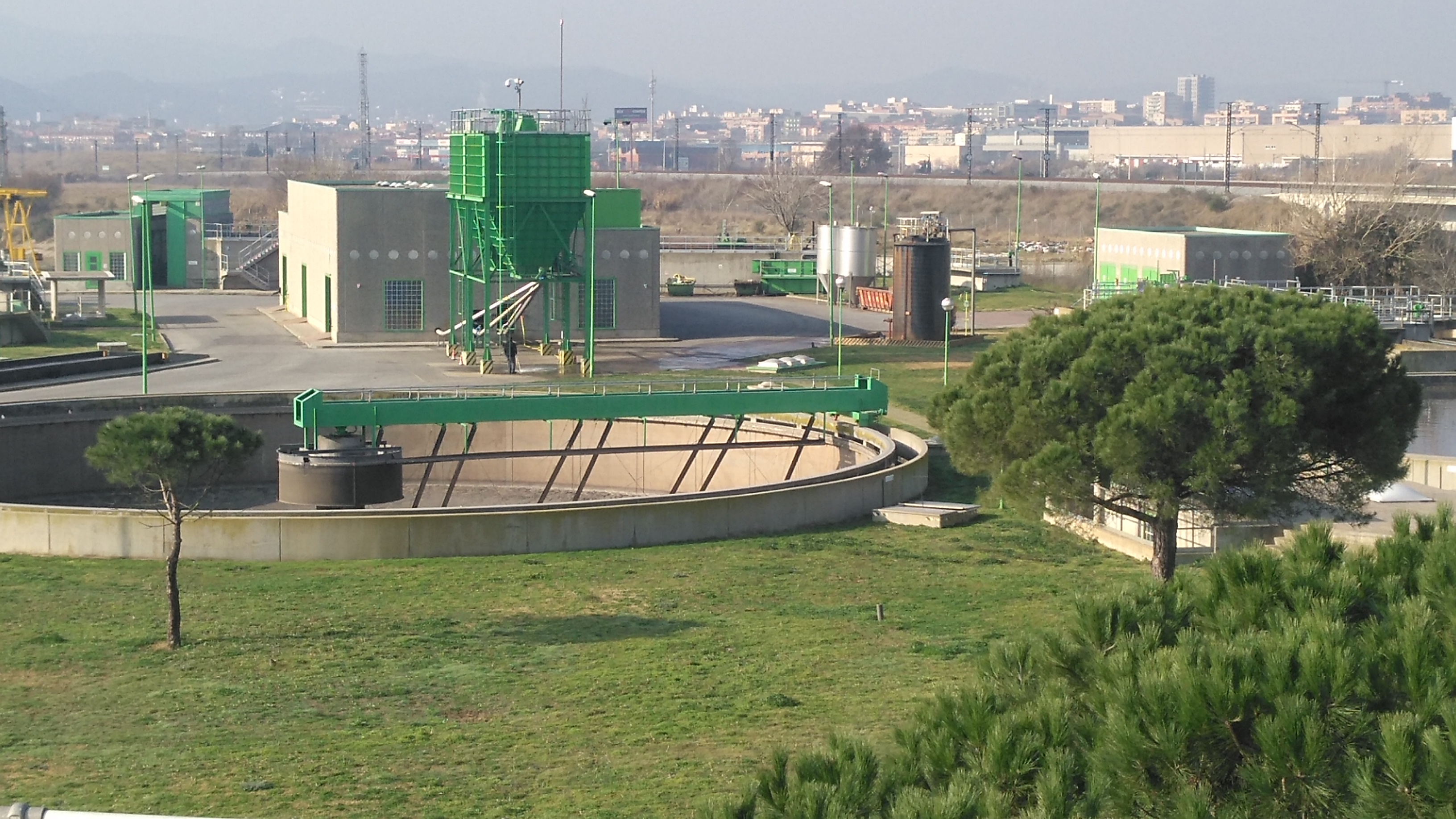WATER-MINING project, sustainable innovation to ensure access to clean water and sanitation
Water access and its related energy, environmental and economic costs are one of the greatest challenges for society today. According to the 2030 Water Resources Group of the World Bank, global water demand is expected to exceed sustainable water supply by 2030.

The ICTA-UAB is the coordinator of all actions related to co-creation and social participation.
To face this challenge, the ICTA-UAB participates in the Horizon 2020 project WATER-MINING, a research and innovation initiative that aims to help ensure access to clean water and sanitation.
To make it possible, the project will develop innovative technological solutions that allow for sustainable water management, improving water desalination, extracting phosphates and other bio-based valuable products from urban wastewater, and increasing circularity in industrial water uses. The project considers water as a resource, as a consumable and a durable good.
Coordinated by the Delft University of Technology in the Netherlands, the WATER-MINING project brings together 38 public and private partners and 4 collaborating partners from 12 different countries across Europe. It will be developed in 6 real facilities across Europe, in which new water mining technologies will be developed and tested, including urban and industrial wastewater and desalinated water.
WATER-MINING will develop these technologies together with the actors and organizations of the regions in which the case studies are carried out, in order to improve their acceptability and uses, adapting the technology to local needs. To this end, Communities of Practice will be created in each case study, transversal networks that will include public administrations, regulators, academia, industries, farmers, economic actors, environmental organizations and technological developers, among others. These communities will interact with the project throughout its duration, contributing with their experience and influencing the technical, social and economic development of the case studies.
At the same time, two Living Labs will be implemented, real test benches and experimentation environments where users and producers can co-create innovations. The main objective here is to create new products, services and infrastructures adapted to the real needs of society. Both public and private groups intervene in these processes, where the scenarios offered are the spaces where technological prototypes are developed and tested for the improvement of citizen well-being and which will have a real and proven effectiveness. They will be located at the Plataforma Solar in Almeria, Spain, and at the Floating Farm in Rotterdam, the Netherlands.
The ICTA-UAB is the coordinator of all actions related to co-creation and social participation. In addition, within this framework of participation, the case study located in La Llagosta will also be carried out. La Llagosta wastewater treatment plant corresponds to one of the 3 urban-mining case studies.
Most wastewater treatment plants apply a linear treatment to the water: every drop is used only once before going downstream, thus making circularity and water reuse non-existent and increasing global water consumption.
The wastewater treatment sector discharges a significant amount of reusable nutrients into the environment, polluting the ecosystem and leading to eutrophication. One of these discharged nutrients is phosphorus, which is essential for agriculture and declared a critical raw material by the European Union. It is also necessary to reduce the energy consumption in the treatment of wastewater: in a conventional treatment plant, the extraction of nitrogen and organic matter represents a large energy expenditure that can reach 50% of all the energy required by the facilities.
The objective in the La Llagosta case study is to implement new technologies that enhance water reuse, reduce energy consumption and recover energy and phosphorus from the treated water. The project aims to demonstrate the scalability of the pilot plant and its financial feasibility.
The Besòs-Tordera Consortium is the owner of the plant and ACSA-Sorigué operates it since the beginning of 2019. Currently, only phosphorus and organic matter are being removed from the treated water through an expensive biological and chemical process. Under normal conditions, the biosolid obtained in the treatment process is used as a fertilizer.
The effluent from this treatment plant discharges into the Besòs River, and its strategic location makes it suitable for reusing water in the industry and agriculture sectors. The proposed system will be demonstrated at pilot scale, treating an inflow of about 400 L / h.
The new technological process will allow extracting organic matter at a lower cost and converting it into biogas, recovering phosphorus as a fertilizer, and obtaining treated wastewater suitable for agriculture, as well as high-quality water for industrial uses.